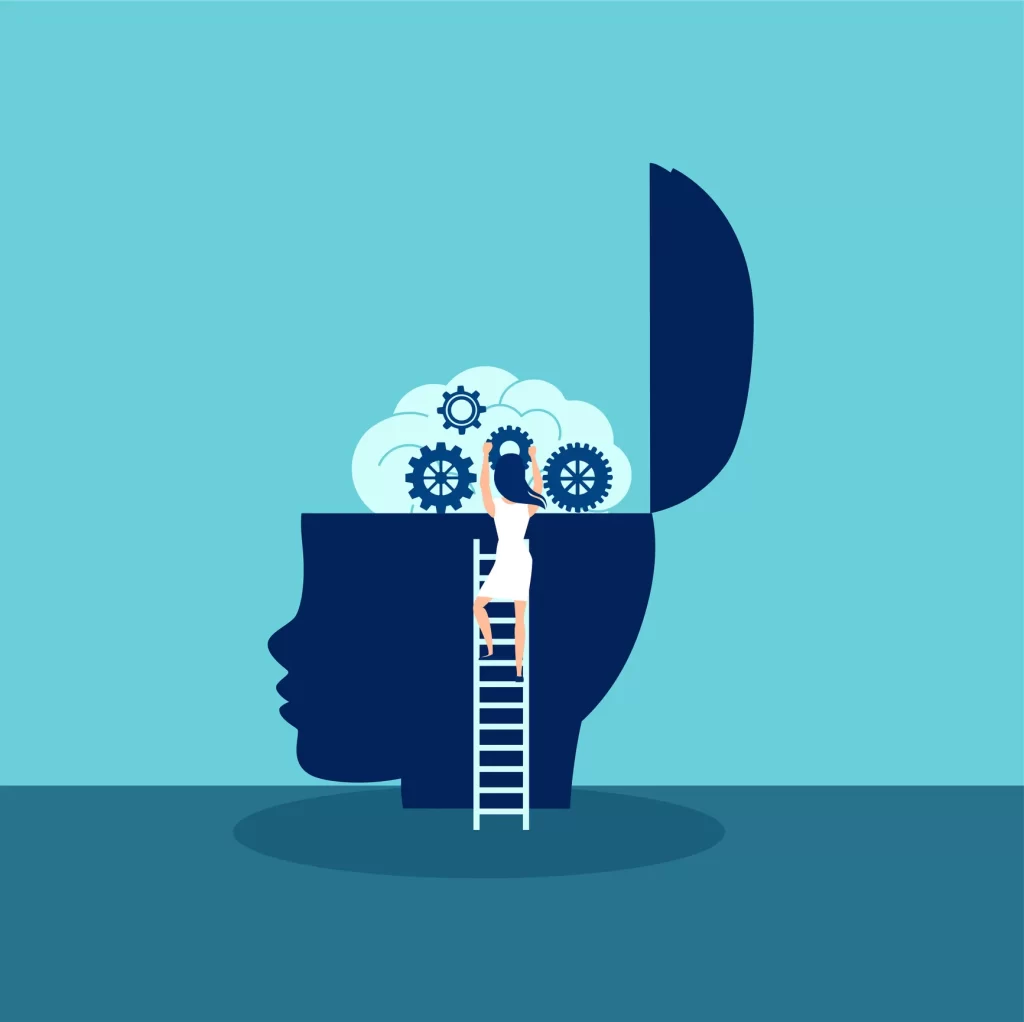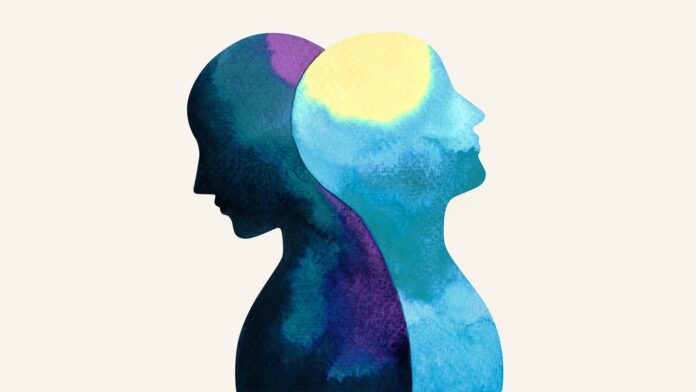Fast Facts:
- Bipolar disorder is a mental health condition characterized by extreme mood swings, including episodes of mania and depression.
- Clinical psychologists are trained mental health professionals who can provide evidence-based treatments for bipolar disorder.
- Treatment for bipolar disorder may include medication, therapy, and lifestyle changes.
- Psychotherapy can help individuals with bipolar disorder manage their symptoms, develop coping strategies, and improve their overall quality of life.
- It is important to seek help from a qualified mental health professional if you or a loved one is struggling with bipolar disorder.

Bipolar disorder is a mental health condition that affects millions of people worldwide. It is characterized by extreme mood swings, including episodes of mania and depression. These mood swings can interfere with daily life, relationships, and overall well-being. Clinical psychologists are trained mental health professionals who can provide evidence-based treatments for bipolar disorder, and play a vital role in helping individuals manage their symptoms and achieve recovery.
Understanding Bipolar Disorder
Bipolar disorder is a mental health condition characterized by extreme mood swings, ranging from periods of mania to episodes of depression. Mania is a state of heightened energy, euphoria, and often reckless behavior, while depression is a state of low mood, lethargy, and hopelessness. Individuals with bipolar disorder may experience both types of episodes, as well as periods of stability in between.
How Clinical Psychologists Can Help
Clinical psychologists are trained mental health professionals who can provide evidence-based treatments for bipolar disorder. Treatment may include medication, therapy, and lifestyle changes. Psychotherapy, also known as talk therapy, is a type of treatment that can be particularly helpful for individuals with bipolar disorder. During psychotherapy, individuals work with a mental health professional to identify and manage their symptoms, develop coping strategies, and improve their overall quality of life.
Types of Psychotherapy for Bipolar Disorder
There are several types of psychotherapy that may be helpful for individuals with bipolar disorder, including cognitive-behavioral therapy (CBT), interpersonal and social rhythm therapy (IPSRT), and family-focused therapy (FFT). CBT helps individuals identify negative thought patterns and behaviors, and develop more positive coping strategies. IPSRT focuses on stabilizing daily routines and managing interpersonal relationships to help prevent mood episodes. FFT involves working with family members to improve communication and support, which can be especially helpful during periods of mood instability.
The Importance of Seeking Help
It is important to seek help from a qualified mental health professional if you or a loved one is struggling with bipolar disorder. Early intervention and treatment can greatly improve outcomes and quality of life for individuals with bipolar disorder. Resources for accessing mental health services may include your primary care physician, insurance provider, or local mental health clinic. Additionally, many online resources and telehealth options are available for those who may not have access to in-person services.
Conclusion
Bipolar disorder is a complex mental health condition that can have a significant impact on an individual’s life. Clinical psychologists play a vital role in helping individuals with bipolar disorder manage their symptoms, develop coping strategies, and improve their overall quality of life. With the right treatment and support, individuals with bipolar disorder can achieve recovery and lead fulfilling lives.
